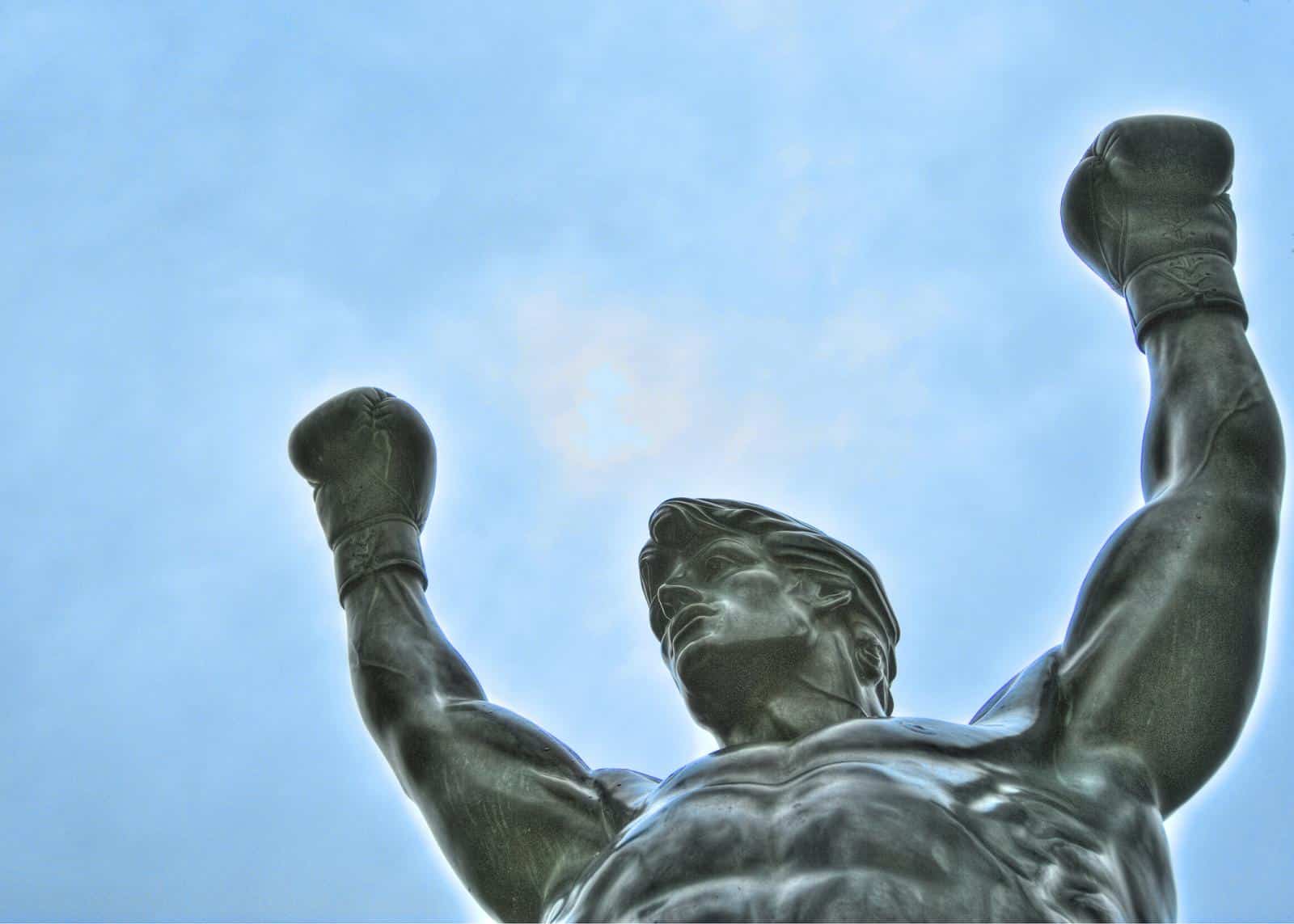Rocky IV: The Quintessential Cold War Sports Movie at 40

“Two worlds collide, rival nations. It’s a primitive clash venting years of frustrations…Is it East versus West or man against man?”
Thus begins Burning Heart, one of the iconic songs of Rocky IV. This autumn marks the fortieth anniversary of Sylvester Stallone’s Cold War boxing epic, a film that captures one of the elemental aspects of the Cold War. The film captures the clash between a society of free individuals versus a totalitarian regime where human beings are just expendable tools.
For those who do not recall, Sylvester Stallone created the Rocky franchise by writing, directing, and acting in the original eponymous movie in 1976. Stallone’s bio is a great American story in and of itself: a young actor living out of his car refuses to sacrifice his artistic vision by selling the rights to his script. He ultimately makes it big.
But, the Rocky movies are much, much more than sports movies. This is a hero epic, and we witness the full arc of the character: the boy from the streets making good and shaking of his ties to local hoodlums, falling in love and building a family, achieving fame and success, making the mistakes of the nouveau riche, and suffering loss. Those who think his hardest fights are in the ring have missed the bigger story: Rocky’s incredible doggedness as a fighter is illustrative of the more important things he has to overcome, including his wife’s death by cancer, the passing of friends, estrangement from his son, the limitations of aging, and, ultimately, his own bout with cancer.
Rocky IV takes place at the heart of the Cold War, opening in theatres at the same time as voting for the re-election of Ronald Reagan. The basic storyline is a challenge from the Soviet Union’s rising boxing star, Ivan Drago, to come to the West and crush America’s boxing champions. We see that Drago, stoically played by Dolph Lungren, is controlled, injected with steroids, and drilled mercilessly by his Soviet handlers. Over the course of the movie, we, the audience, develop a bit of pity for this individual who is just a propaganda tool for his Soviet overlords.
Two themes emerge. The first is a private theme, discussed by Rocky, his wife, and his friend Apollo Creed. That is the question, “When is enough, enough?” and it is tied to an individual’s decisions about what one values in life. Creed is unwilling to face his own declining powers, lusting for glory in the limelight. Rocky argues that they are just men, facing realities of time and age. Moreover, Rocky emphasizes that family and relationships are the most important things to him. In some ways this debate is symbolic of a larger theme in the movie, whether the massive, mechanistic Soviet Union will overcome an aging, divided America.
This article was originally published in Providence Magazine on September 30, 2025.
Photo: An image of the Rocky Balboa statue in Philadelphia by Steve Eng via Flickr under CC BY-NC-ND 2.0.

